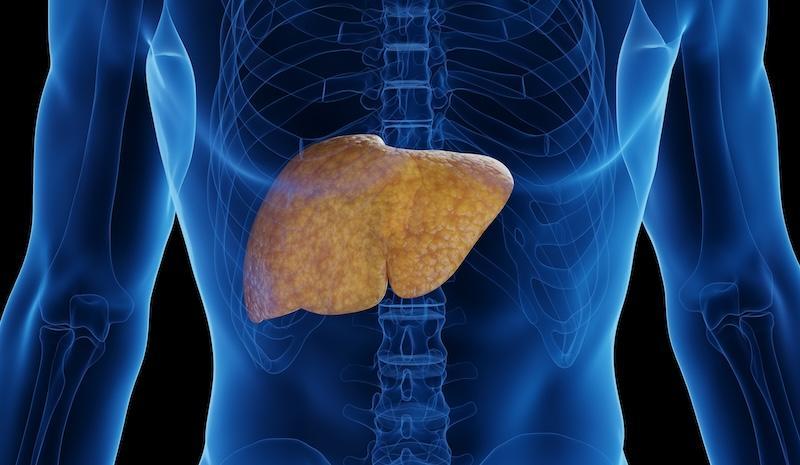Tulane Researchers Develop Promising Senolytic Drug to Combat Fatty Liver Disease
A new drug candidate named 753b, part of a broad class of senescent cell-targeting drugs called senolytics, was developed by Tulane University researchers, including Dr. Liya Pi, Assistant Professor of Pathology, and may work to prevent a common type of fatty liver disease. The disease, metabolic dysfunction-associated steatotic liver disease (MASLD), sometimes leads to cirrhosis and liver cancer and affects 38% of adults. The study was published in Nature Aging, and corresponding author Dr. Pi states: “Not only did the drug selectively target senescent cells and slow the progression of MASLD, it also halted the development of associated liver diseases as well as hepatocellular carcinoma… this is the first study showing this compound having a high efficiency in senolytic clearance. More research is needed but hopefully this is a potential tool that patients can one day use to control this disease.” The study was conducted in concert between Tulane University, the University of Texas Health Science Center at San Antonio and the University of Florida.

